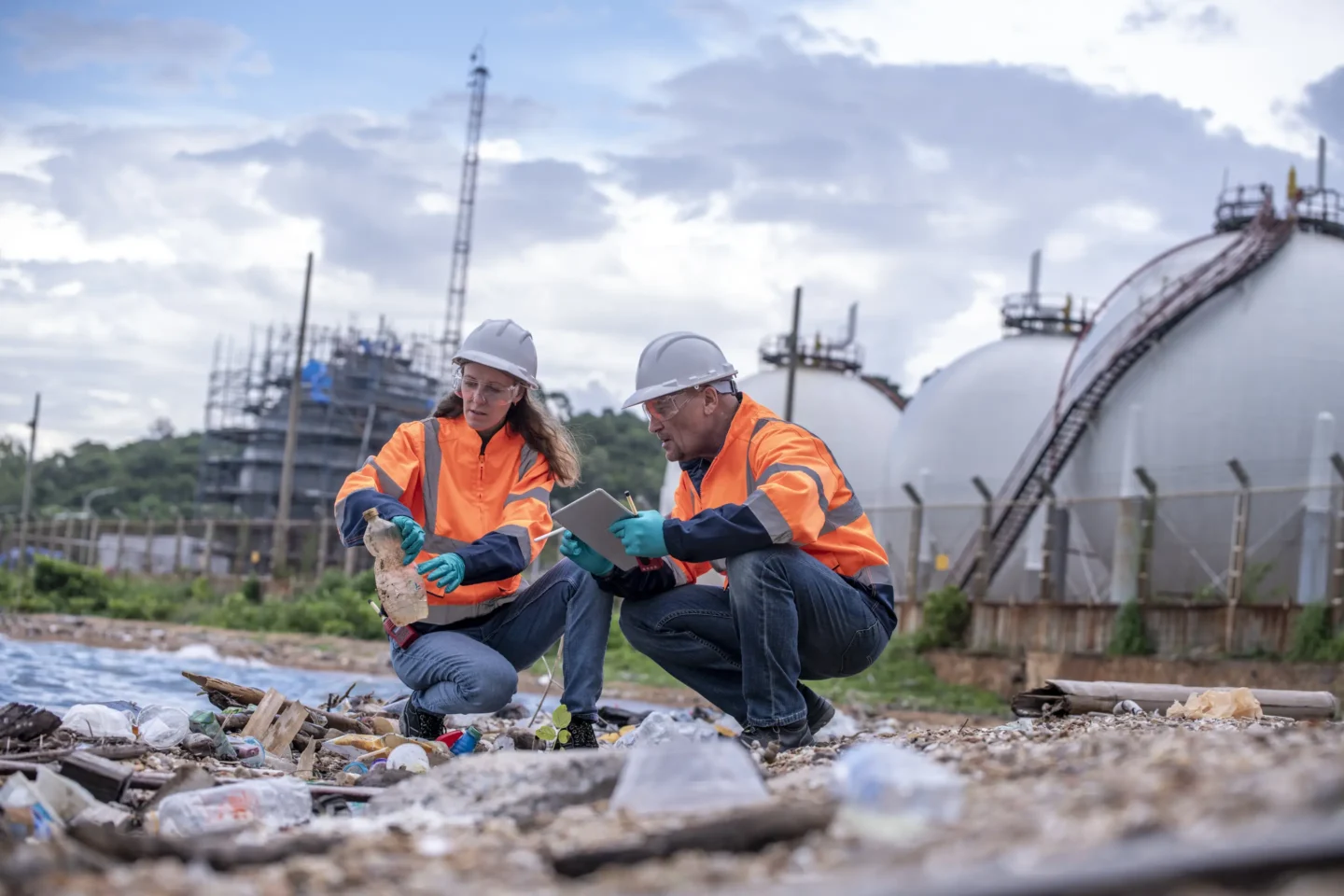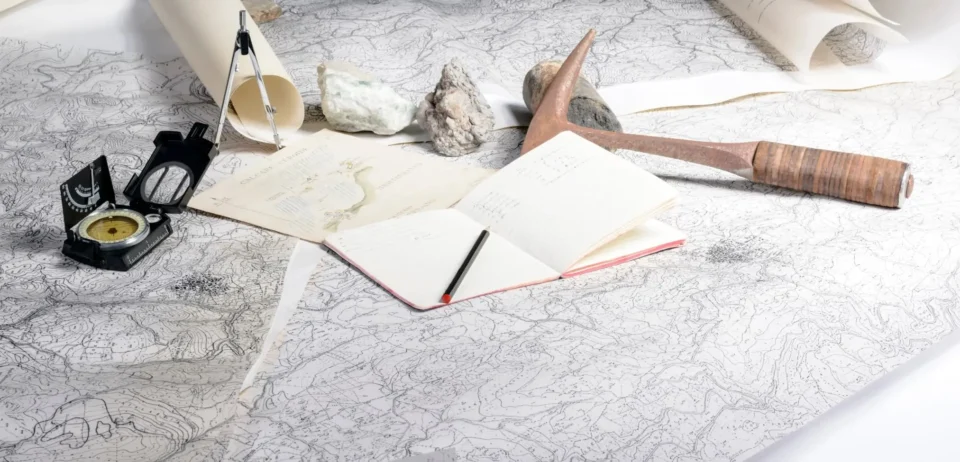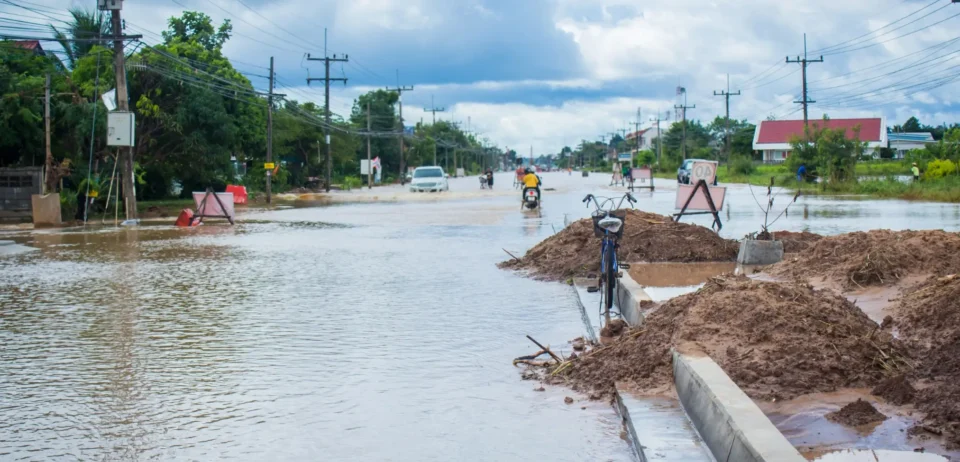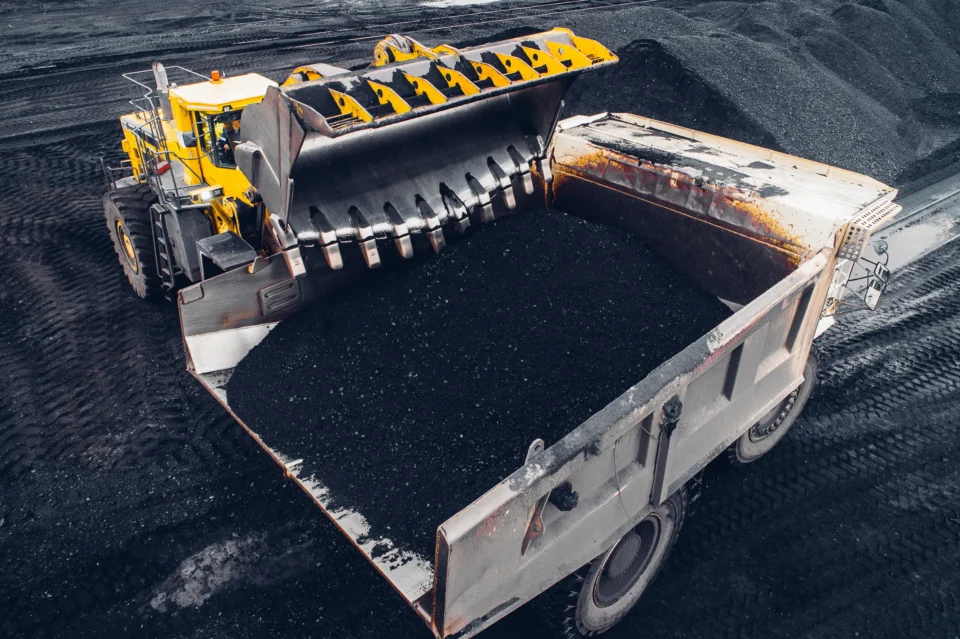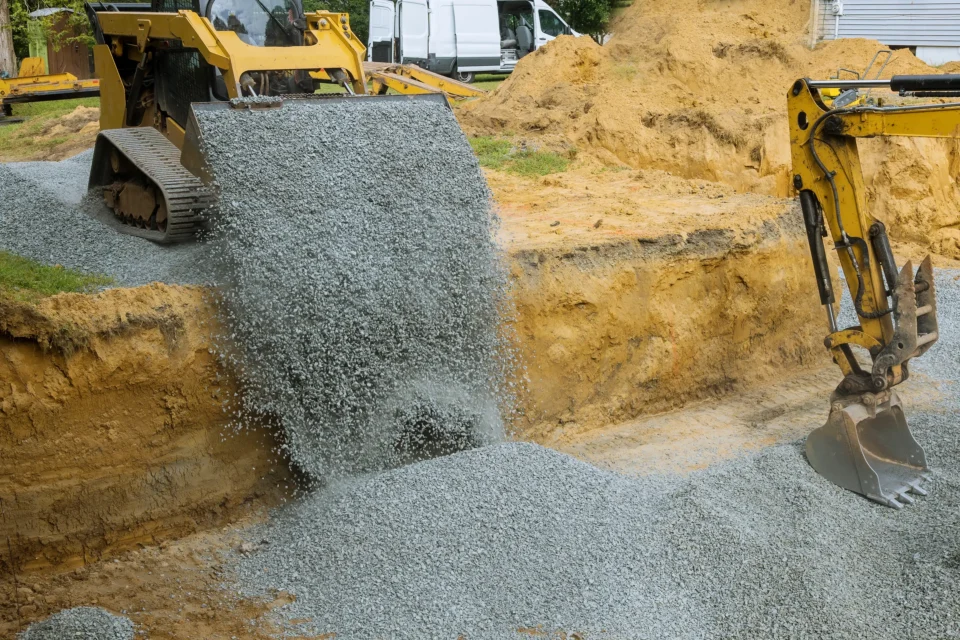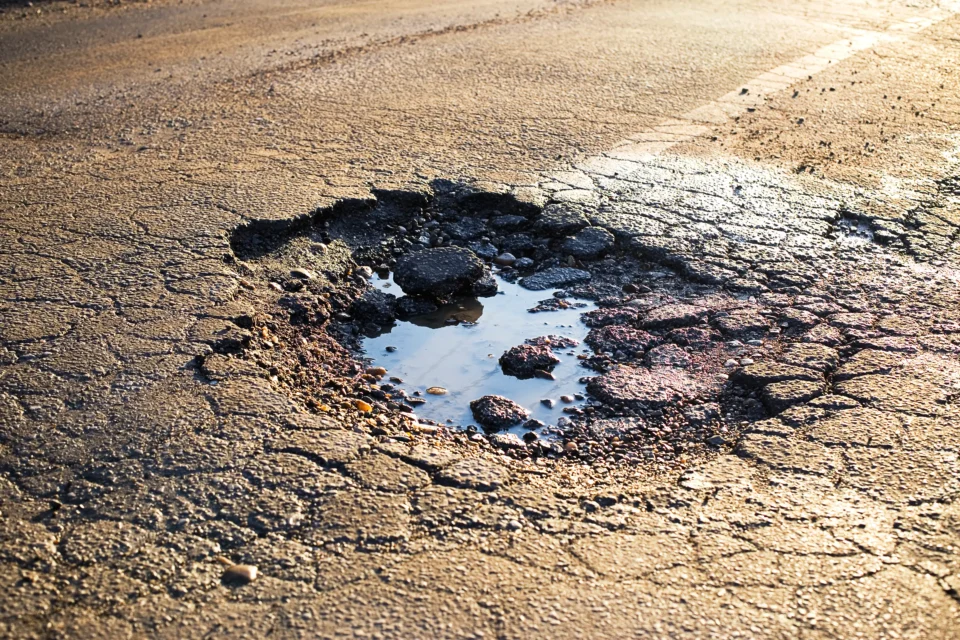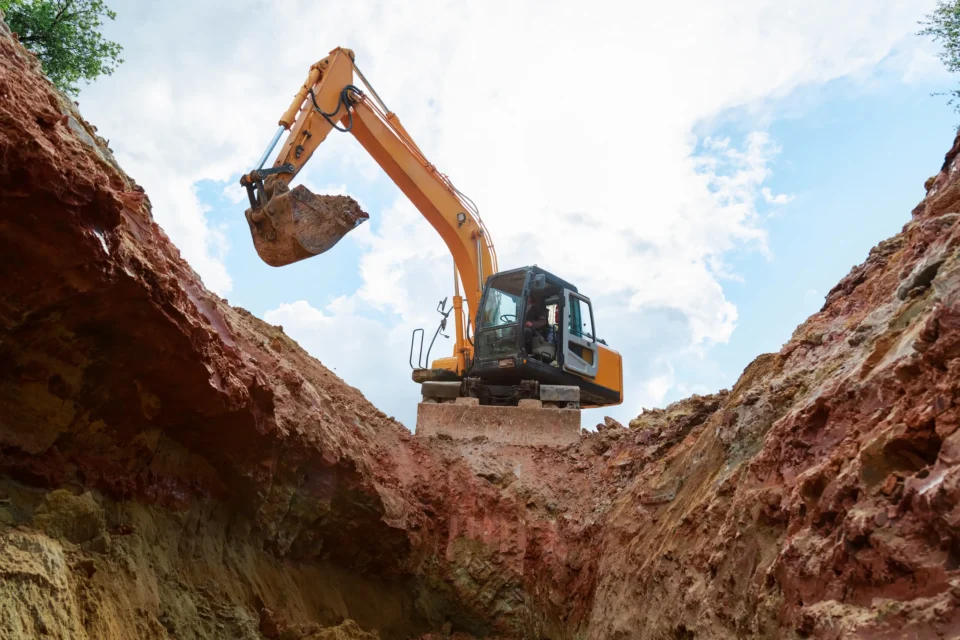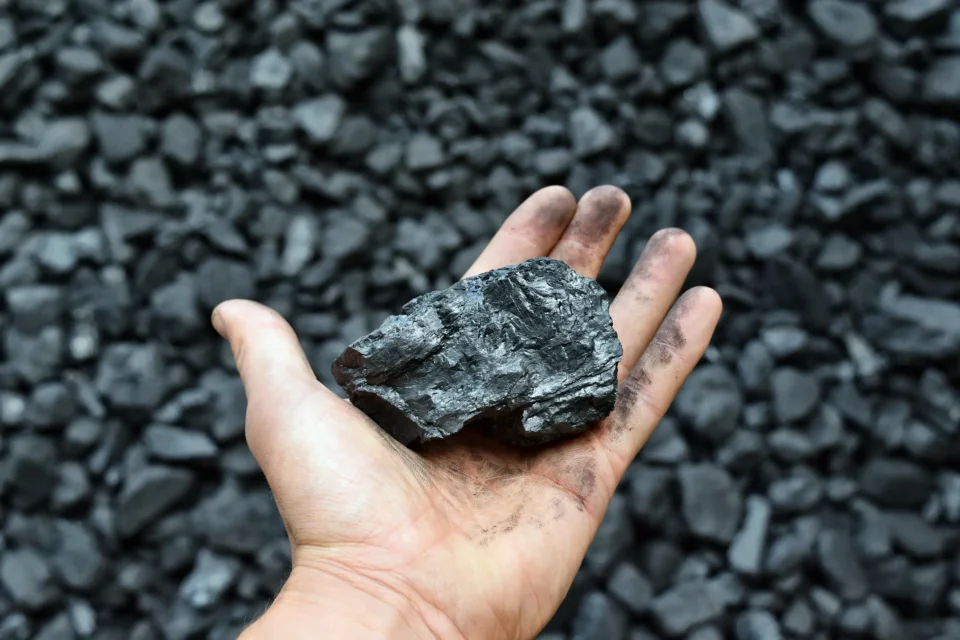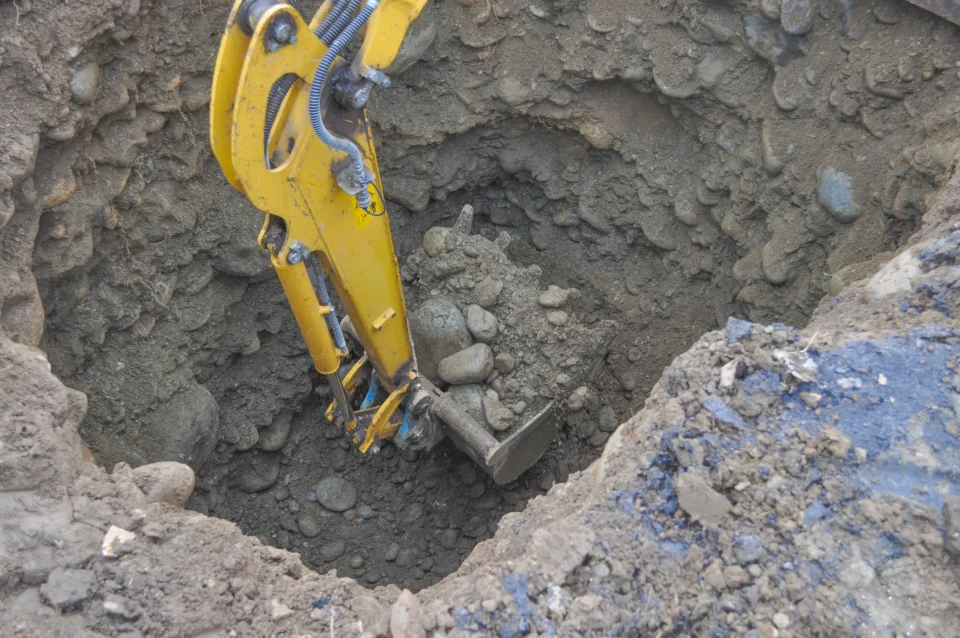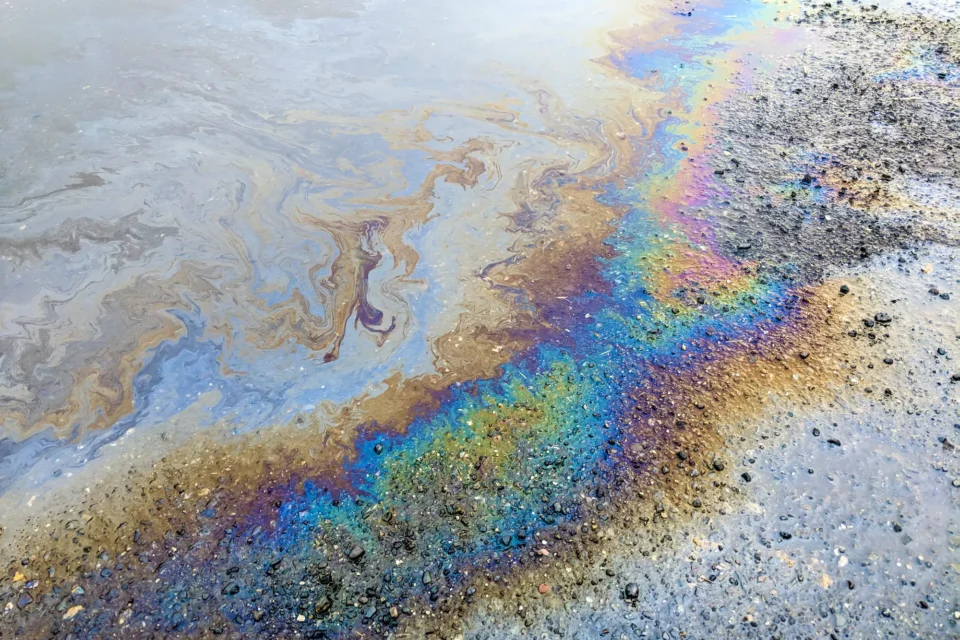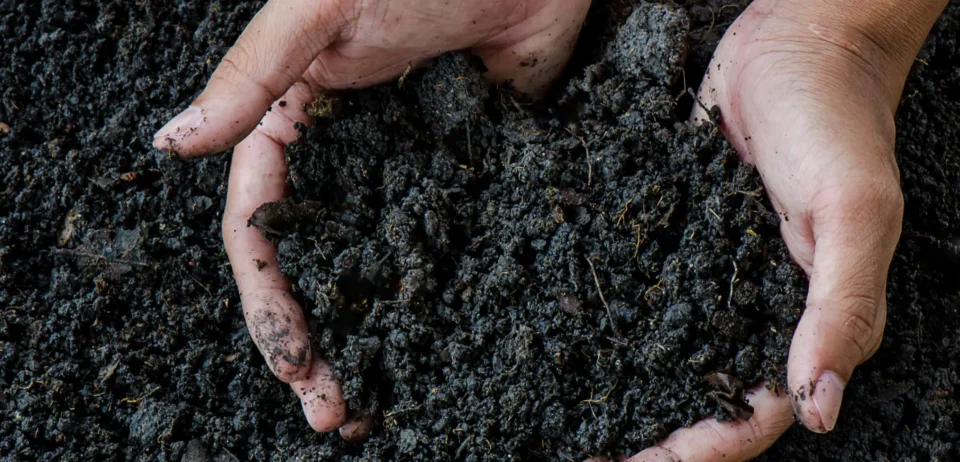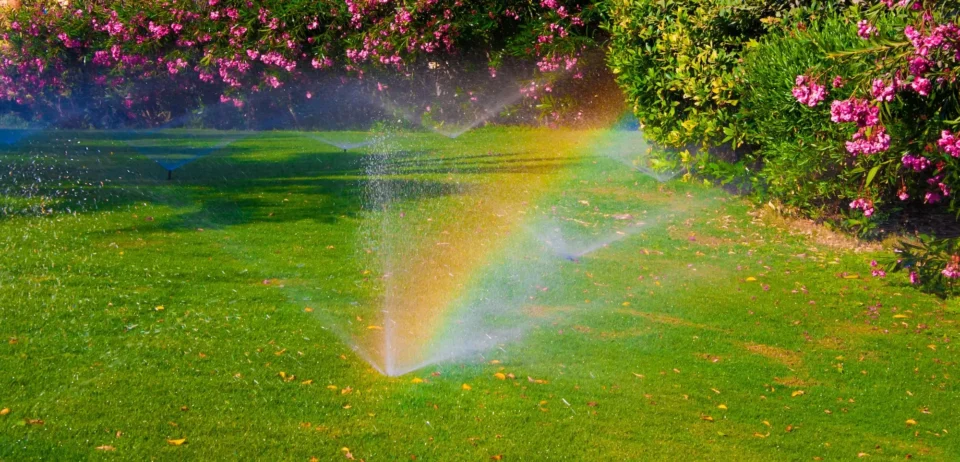Preliminary Services
At Abbeydale Geoscience we like to help our clients from the very beginning! Ideally this would even be before applying for planning permission, so that we can feed into the preliminary design, where possible
The first things that we look at are the history, geology and environmental setting of a site, and build up an initial understanding, and what might need to be considered to further assess the potential risks.
